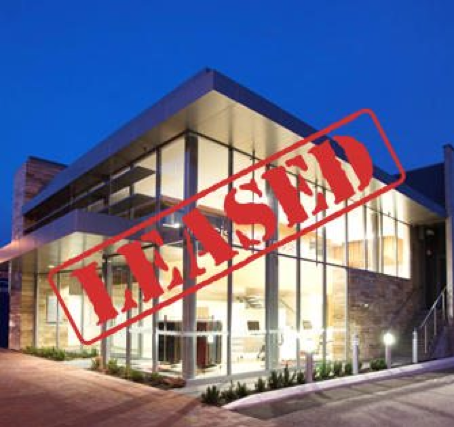When embarking on the journey of establishing a business, especially in the form of a company, understanding the importance of shareholder dynamics and the imperative role of shareholders’ agreements is paramount.
Connect with Allied Legal’s commercial lawyers on 03 8691 3111 or drop us an email at hello@alliedlegal.com.au to discuss drafting a shareholder’s agreement for your company.
The Core Role of Shareholders
Companies are characterised by their share capital framework, where ownership is distributed among shareholders or members. These entities can be individuals, other corporations, or trustees representing estates or trusts. Shareholders are afforded specific rights, such as voting on company resolutions and receiving dividends, proportional to their shareholdings. A crucial limitation for private companies is the cap on non-employee shareholders, which is set at a maximum of 50.
The Nature of a Shareholders’ Agreement
In environments where ownership is spread across multiple shareholders, the necessity of a shareholders’ agreement cannot be overstated. This legal document dictates the governance of shareholder relationships, addressing the company’s structural, managerial, and directional aspects. It encompasses critical issues like share acquisition, financing, and conflict resolution, providing a clear framework to mitigate disagreements and ensure operational clarity.
Differentiating Shareholder and Director Functions
A clear demarcation exists between shareholders, who own the company, and directors, who manage its day-to-day operations. This distinction is crucial, although in many startups, individuals often assume both roles. A shareholders’ agreement should precisely define the responsibilities and authorities of directors in contrast to those matters requiring shareholder approval, especially in the case of significant corporate actions.
The agreement should detail the voting thresholds required for various resolutions, typically necessitating a majority exceeding 50%. It’s essential to incorporate deadlock resolution mechanisms to maintain operational continuity. Allied Legal’s commercial lawyers regularly assist with such issues.
Guidelines for Share Issuance and Transfer
Provisions regarding the issuance and transfer of shares are critical components of a shareholders’ agreement, aimed at safeguarding existing shareholders’ interests. These include anti-dilution and pre-emptive rights, ensuring shareholders have the opportunity to preserve their ownership stakes during new share issuances.
Employee Shareholders and Conflict Resolution
The agreement should also outline procedures for managing the shares of departing employee shareholders, typically through buy-back or transfer mechanisms. Furthermore, establishing a clear dispute resolution pathway is critical, prioritising negotiation and mediation to circumvent protracted and costly legal disputes.
In summary, understanding the dynamics of shareholders and the integral role of a shareholders’ agreement is valuable for the success of a company. Such agreements not only delineate roles and responsibilities but also protect the interests of both the company and its shareholders, fostering a stable and growth-oriented business environment.
Connect with Allied Legal’s Commercial Lawyers
Connect with us at Allied Legal on 03 8691 3111 or drop us an email at hello@alliedlegal.com.au to discuss drafting a shareholder’s agreement for your company.
The insights presented in this article are derived from ‘Shareholder essentials for private companies: The importance of a robust shareholder agreement’ written by Alexa Bowditch and published to Mondaq on 25 September 2020.






